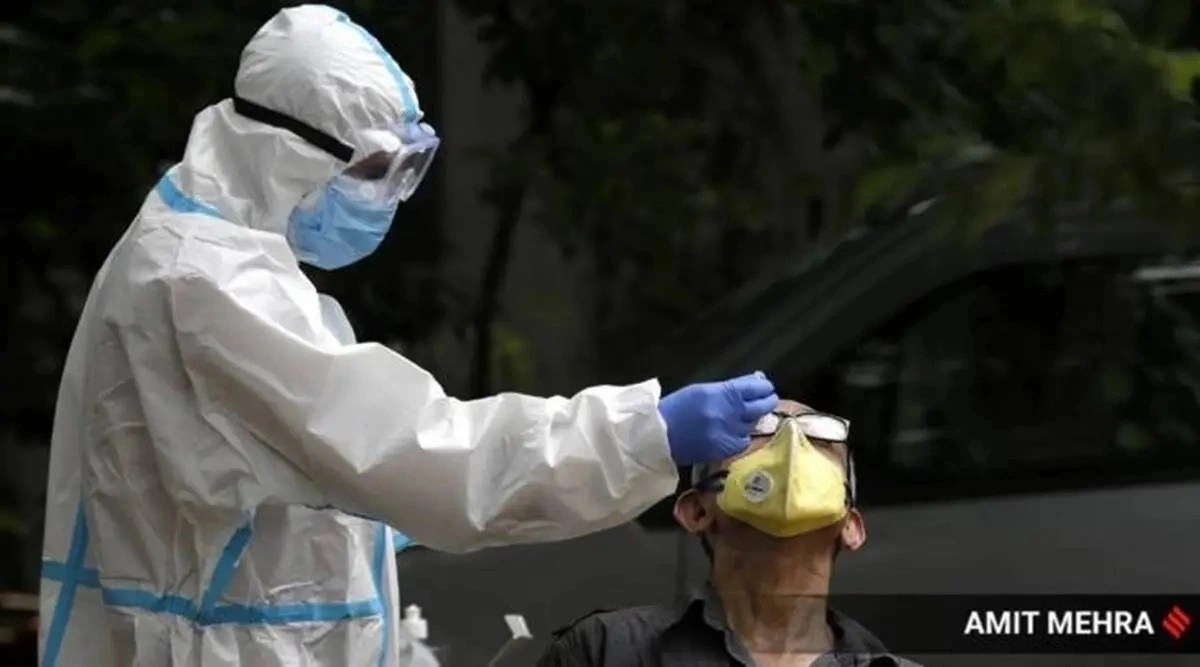What are the new BQ.1 and BQ.1.1 coronavirus variants, and why it matters

New offshoots of the dominant BA.5 subvariant of Omicron known as BQ.1 and BQ.1.1 are gaining ground in the United States as the SARS-Cov-2 virus that triggered the COVID-19 pandemic continues to evolve.
The following describes the new coronavirus subvariants and how they may impact people.
WHAT ARE BQ.1 AND BQ.1.1?
BQ.1 and BQ.1.1 are among the more than 300 sublineages of the Omicron variant circulating globally, 95% of which are direct descendants of BA.5, according to the World Health Organization.
In early July, BA.5 became the dominant subvariant of the coronavirus circulating in the United States, but in October it started giving way to BQ.1 and BQ.1.1.
Both contain genetic mutations that make it harder for the immune system to recognize and neutralize the virus. That makes them better at infecting people in spite of immunity from vaccinations and prior infections.
Evidence from France, however, where the variants caused a surge in cases, suggests they do not appear to be causing increased rates of hospitalizations and deaths, Dr. Eric Topol, a genomics expert and director of the Scripps Research Translational Institute in La Jolla, California, said on Twitter.
WILL TREATMENTS STILL WORK?
Mutations in these two subvariants make it unlikely that the antibody drug bebtelovimab sold by Eli Lilly and Co will be effective at neutralizing them, according to the U.S. Food and Drug Administration. The drug, which is used to treat mild-to-moderate COVID-19 in adults and children, remains authorized for all U.S. regions that may be experiencing infections from other subvariants of the virus.
Such antibody treatments are vulnerable to changes in the virus because they target specific parts of the virus. Experts predict Pfizer Inc’s oral antiviral treatment Paxlovid, which works by blocking an enzyme the virus needs to replicate, is expected to remain effective.
WILL THE UPDATED VACCINE BOOSTERS STILL WORK?
It is not yet clear how these new versions of the coronavirus will affect populations in the United States, where booster uptake has been slow and COVID mitigations such as masks and social distancing have largely been abandoned.
 There is no longer a legal requirement to self-isolate if you test positive for COVID-19, but most people still want to isolate until they are not infectious. (Express Photo by Amit Mehra)
There is no longer a legal requirement to self-isolate if you test positive for COVID-19, but most people still want to isolate until they are not infectious. (Express Photo by Amit Mehra)
There is, however, early evidence from Pfizer and German partner BioNTech SE that their updated boosters, which target BA.5 and BA.4 as well as the original virus, increase levels of infection-fighting antibodies against Omicron subvariants in older adults.
A study of blood from three dozen adults showed the shot increased neutralizing antibodies against the BA.4/BA.5 Omicron subvariants by fourfold compared with the original shot after one month.
It is not yet clear whether that will translate into higher protection against the BQ.1 and BQ.1.1 subvariants, but their close relationship to BA.5 may work in the booster’s favor.
(Reporting by Julie Steenhuysen Editing by Bill Berkrot)
📣 For more lifestyle news, follow us on Instagram | Twitter | Facebook and don’t miss out on the latest updates!

